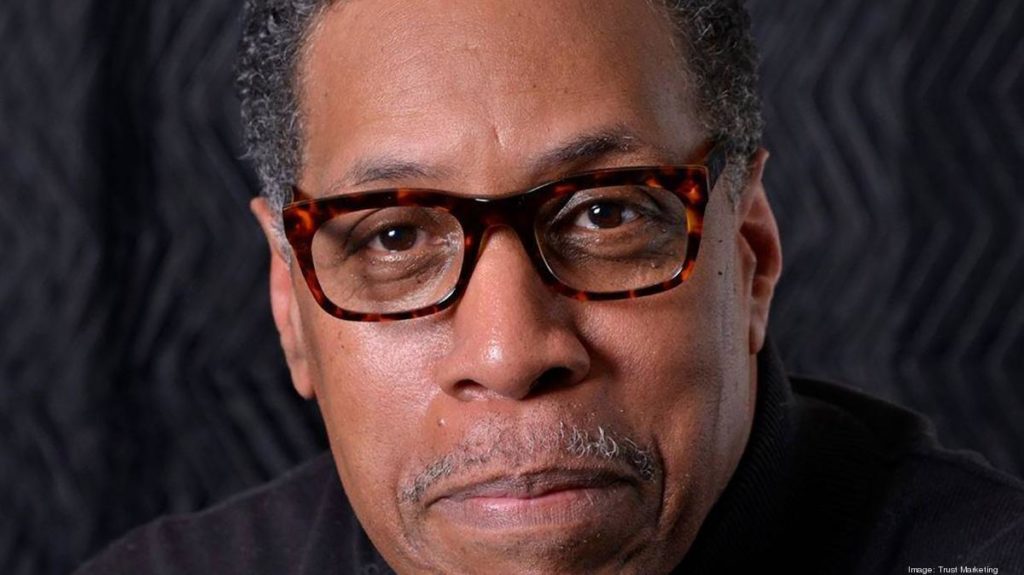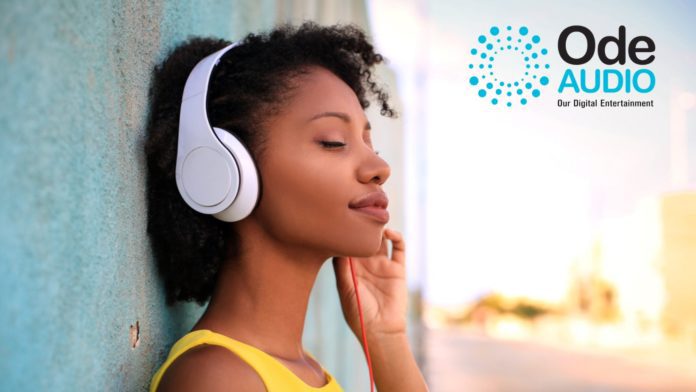Black radio always has been important and, in some cases, life changing.
Programs explicitly targeted to Black audiences brought together their music, stories, and culture, propelling Black artists into the mainstream while broadcasting news of the ever-growing civil rights movement.
It’s during the Civil Rights era that Howard Robertson, president and CEO of Trust Marketing and Advertising, was introduced to Black radio.
He recalled growing up in Memphis in the 1950s, and 1960s, listening to WDIA, the first radio station dedicated to Black audiences.
So intrigued by what was being delivered to his adolescent ears, Robertson decided early on that he wanted to pursue a career in media.
“Black radio was everything to us,” he said. “Our music, our culture, our stories. We got it all from black radio.”
Now the longtime media maven has embarked on a new venture, paying homage to the kind of radio that inspired him since he was a youngster.
Robertson has created Ode, a new app that streams Black radio stations, podcasts and Black news and information.
It’s the first mobile app to aggregate and stream some of America’s best Black and independently owned radio stations on one mobile app.

Robertson acknowledged that Ode is a tribute to Black culture and entertainment. With the tagline, ‘Hear us here,’ Ode allows audiences to listen to varying genres of music, including Hip Hop, R&B, Gospel, and Smooth Jazz, all in one spot.
An assortment of talk radio stations and podcasts also are featured.
“A bridge is the greatest connector there is,” Robertson explained. “The Play Ode app is a digital bridge connecting Black radio listeners across a wide communications chasm between local Black communities.
“Wherever you reside, chances are, you’re still keenly interested in what’s going on in your hometown. Ode is that convenient connection.”
 Robertson got the idea for Ode in 2018 during the National Association of Black Owned Broadcasters (NABOB) & Power of Urban Radio conference in Washington, D.C.
Robertson got the idea for Ode in 2018 during the National Association of Black Owned Broadcasters (NABOB) & Power of Urban Radio conference in Washington, D.C.
After the conference, he decided to head to a nearby pub to brainstorm on what he could do to make Black radio more accessible.
Six hours and several pages of notes later, the skeleton blueprint for Ode was created.
To be sure he was on to something, Robertson first shared the idea with a friend and fellow Memphis-based entrepreneur Larry Robinson, CEO and founder of the digital content company Kudzukian.
Robinson affirming his idea was the extra push he needed to keep going; and so, he did.
Now as Black radio commemorates its 75th anniversary this year, Robertson hopes Ode allows Black radio to continue elevating and reaching more audiences.
For Robertson, Ode isn’t just a passion project. It also is a response to a growing need in the Black radio industry.
“It’s a David-and-Goliath-type battle for many Black radio stations,” Robertson said. “The lack of resources and having to go against the national, larger media outlets; it’s tough for Black stations despite the number of Black listeners.”
Nielson reports that Black radio continues to reach a significant portion of the Black community: 91 percent of the Black population in a month.
Despite the demand, Black-owned stations are met with fierce competition that often is hard to combat due to a lack of resources.
According to a 2022 report from the National Association of Black-owned Broadcasters (NABOB) in 1995, there were 146 black-owned radio stations. In 2022 only 97 were reported, showing a drastic decline.
While African Americans make up 13 percent of the U.S. population, Black-owned radio stations average just 2.8 percent of local commercial share.
“This report provides clear evidence that Black-owned radio stations are not getting our fair share of advertising dollars,” NABOB President and CEO Jim Winston said after the data was released.
Robertson hopes Ode can help close the gap and present Black-owned radio stations with more technological opportunities and accessibility, ultimately increasing their advertising dollars.
“This is a critical time because we always seem to be on the backside of technology and the last ones to the party when it comes to technological advances,” Robertson said. “Ode is 100 percent Black-owned, plus we’re that bridge connecting dozens of other Black-owned media and content providers.”
For Robertson, who spent much of his childhood absorbing Black radio, his latest venture is a personal one.
“Black heritage and history were always important parts of my life, especially growing up in the 50s and 60s in Memphis at the center of Black history, the Civil Rights movement, Black protests, Black music and Black culture,” he said. “Anything I can do to help Black radio not only survive, but to thrive, I am honored and thrilled to be able to do it.”
Play Ode features Black and independently-owned stations including: KRNB/KKDA (Dallas), WJZA (Atlanta), WLOK (Memphis), KPRS (Kansas City), WOJG (Jackson, Tennessee), WMBM (Miami), WVON & The FM Omni-Channel (Chicago), WAEG (Augusta, Georgia), WNOV (Milwaukee), WBOK (New Orleans), WDAO (Dayton, Ohio), KINB (Oklahoma City) and WEIB (Springfield, Massachusetts).
The Play Ode app is available at the App Store and Google Play.



